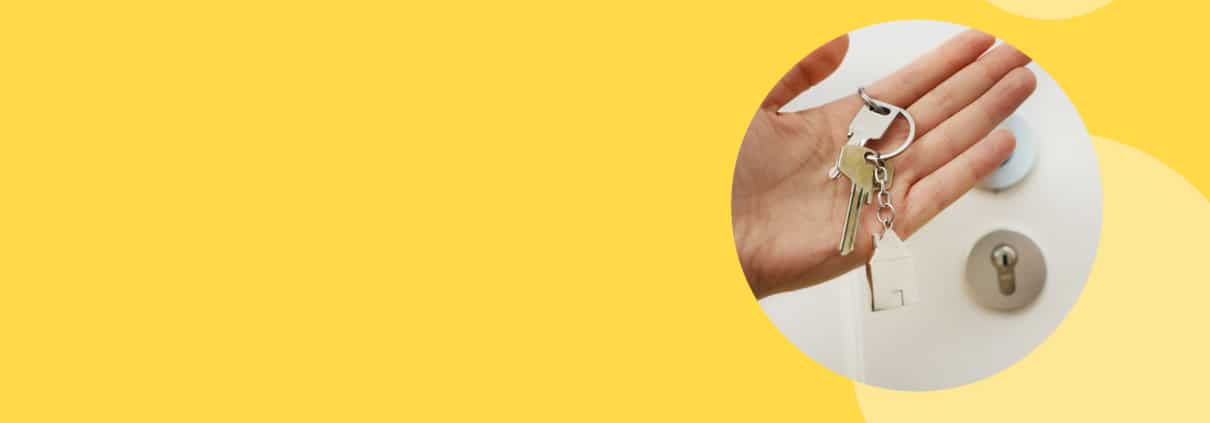Settling the age-old debate on “rent vs buy” will often come down to your individual set of circumstances, but what other pros and cons are there to consider?
“The Great Australian Dream”, or more simply, the path to owning a home, is not as straightforward as it once was. The three-bedroom brick home in the suburbs isn’t what the next generation can afford, nor necessarily want – and so, people adapt. The shift has included opting for apartments, granny flats, relocations into more affordable areas, and even long term renting as a preference for some.
When it comes to renting, like most things it often boils down to supply and demand. As Australia faces the economic fallout of Covid-19, many younger Aussies are making the pilgrimage back home to Mum and Dad. As of April 2020, this has led to an overall increase in rental availability, but a decline in the median costs associated with leasing a room or home.
If you’re weighing up your options when it comes to “rent vs buy”, even in times like these there are a few steadfast facts associated with each option.
Advantages And Disadvantages Of Renting A Home
Pro: Free Up Your Savings – Making a dedicated savings plan to buy a home can very much drain the “fun” out of your day to day life. If you don’t have this to worry about and your rent is reasonably affordable, renting can work out to be less expensive and more lifestyle friendly.
Pro: Flexibility – Hate your neighbours? Move. Need a home office? Move. Want a bigger yard? Move. Providing you are aware of your lease term and obligations, renting allows you to pick up and move to a new home with far less paperwork and overall costs.
Pro: Upkeep Is Not Your Problem – There are some pretty significant bills that can be avoided through renting, including rates, home insurance, general maintenance and repair costs. However, having a dud landlord or property manager can make the home’s upkeep a nightmare.
Con: No Investment Potential – If you were to pay off a mortgage, all that money poured in is yours. If you are patient enough to wait 20-30 years, your home will in turn become your greatest financial asset. Renters are paying off someone else’s home.
Con: Restricted Freedom – While you can pack up and move with greater flexibility, your landlord will generally dictate exactly what you can and can’t do in the property. This can include anything from cosmetic changes (painting the walls, hanging pictures) to strict “no pets” policies.
Con: Instability – Renters are often the ones that feel the crunches of property market changes. Your landlord or property manager may undertake evaluations, sell the property or increase the price of your rent (limited to once every six months in Queensland). That’s not forgetting the general inconvenience of regular inspections.
Advantages And Disadvantages Of Buying A Home
Pro: It’s Yours – Well, until you’ve paid off the mortgage it’s technically the banks, but still. There will be none of the insecurity that comes with renting someone else’s home – paint that wall yellow, have a cat, and (with council approval) do whatever you like. It’s yours.
Pro: It’s An Asset – Apart from having somewhere to live, the quest for home ownership is also about having a long term investment strategy. If we’re looking at it from the viewpoint of decades instead of months, generally house prices do rise.
Pro: Hello Equity – Equity is the portion of your home loan that you’ve already paid off, or own. This will allow you the opportunity to access further loans if that’s what’s on your radar, such as shares, a managed fund, or even a second investment property.
Con: Interest – It’s unlikely most Australians will be in the position to pay for their home outright, without getting a mortgage. If you’re borrowing money, you have to pay interest. Monitoring fluctuations is paramount, as it could add anywhere between 3-6% on top of your loan value.
Con: The Other Costs – Owning a home involves far more than just paying your mortgage every month. Let’s not forget about bank fees, council rates, insurance, body corporate fees – and that’s not even covering the costs associated with actually buying or selling a home (add 4-6% for things like legal fees, inspections, stamp duty etc).
Con: The Risks – If you don’t pay your rent, you’ll get evicted and blacklisted. Don’t pay your mortgage? Your home will get repossessed, and you’ll be stuck with a very damaging mark on your credit file. Home ownership is a big responsibility with the chance of big payoffs, but also involves bigger financial risks.
What Option Is Right For You
Generally speaking, and when compared to renting, owning your own home will set you up for bigger dividends in the long term. This generalisation is dictated by things like your financial stability, how secure your job is, where you live and what your credit history looks like.
If you’re thinking of taking the plunge into home ownership, the process can be extremely daunting – especially if it’s your first time. The good news is that it doesn’t have to be!
When it comes to navigating the property world, knowledge is power – so why not book yourself into one of Madd Loans’ free First Homebuyer Workshops?
Conducted completely online in a webinar format, George and the team at Madd Loans run participants through the world of finance when it comes to your first home loan. This digital model provides flexibility if you’re trying to work around your employment and is also conducted in a #CovidFriendly manner.
If you would like to learn more about navigating what’s involved with buying your first house, please contact the team at Madd Loans today to book in your place at the next free First Home Buyers Workshop.
